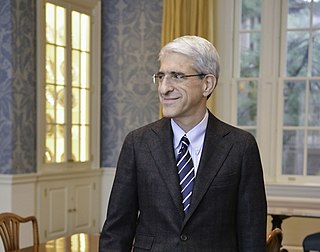A Quote by Susan Cain
In most job interviews, people say they are looking for people skills and emotional intelligence. That's reasonable, but the question is, how do you define what that looks like?
Related Quotes
Emotional intelligence in the work that we do, in the Resolving Conflict Creatively Program, is about equipping young people with the kinds of skills they need to both identify and manage their emotions, to communicate those emotions effectively, and to resolve conflict nonviolently. So it's a whole set of skills and competencies that, for us, fall under the umbrella of emotional intelligence.
Cognitive skills such as big-picture thinking and long-term vision were particularly important. But when I calculated the ratio of technical skills, IQ, and emotional intelligence as ingredients of excellent performance, emotional intelligence proved to be twice as important as the others for jobs at all levels.
I think in the coming decade we will see well-conducted research demonstrating that emotional skills and competencies predict positive outcomes at home with one's family, in school, and at work. The real challenge is to show that emotional intelligence matters over-and-above psychological constructs that have been measured for decades like personality and IQ. I believe that emotional intelligence holds this promise.
Human beings have a variety of intelligences, such as cognitive intelligence, emotional intelligence, musical intelligence, kinesthetic intelligence, and so on. Most people excel in one or two of those, but do poorly in the others. This is not necessarily or even usually a bad thing; part of Integral wisdom is finding where one excels and thus where one can best offer the world one's deepest gifts.
I see people crossing the road without looking, because the lights say that you can. They're acting as if there's never been a police chase, never been someone looking at their phone, or a drunk driver. When I see people like that I can see that they've not got survival skills. That's where me and a few other people differ.
When I did my first media interviews after I was announced as a team principal, the first question was, what qualifies you for the job? The second question was, did your husband place you in the role? And the third was, how are you going to do your job as a mother? I was speechless to think that we were not making any progress.



































